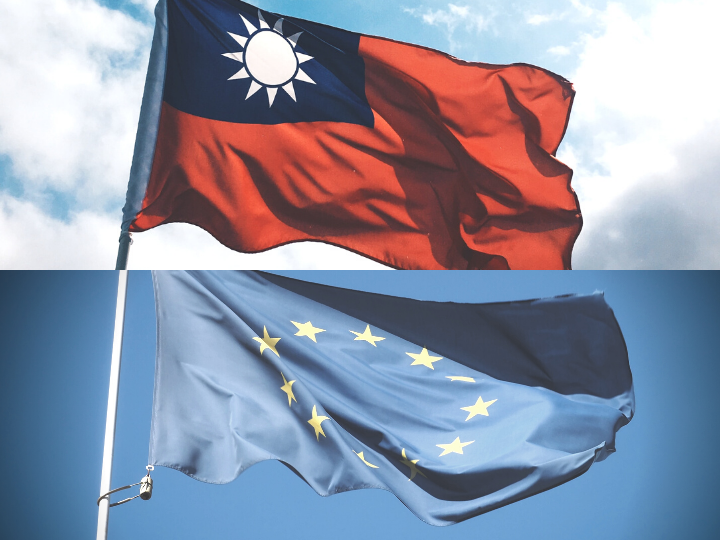by Michal Hudec
Central European countries are key drivers in developing EU-Taiwan relations as they make up 60% of all interactions between EU and Taiwan actors, a new report by the Central European Institute for Asian Studies (CEIAS) reads.
From 2019 to 2022, the European Union’s Taiwan-related activity increased from 23 recorded interactions – instances of engagement across governmental, parliamentary, cyber security, economic, human rights and aid domains, as well as mutual visits – to 167, according to the data collected by the CEIAS EU-Taiwan Tracker.
Most of this increase can be explained by activities taken in Lithuania, Slovakia, Czechia, and Poland, with the former two having more yearly engagements with Taiwan than bigger countries like France and Germany.
According to Matej Simalcik, one of the editors, there are three main reasons for the increased interest in cooperating with Taiwan among Central Eastern European (CEE) countries.
These include the emergence of several politicians critical to China, the unfulfilled expectations from China, and new business opportunities.
“Many CEE countries are experiencing expectations fatigue when it comes to China, as a result of which they are broadening the scope of their cooperation with East Asia and looking for new partners in the region, including Taiwan,” Simalcik said.
“Taiwan is recognised by the CEE countries as a highly developed country, which can potentially provide a new wave of investment to the region, especially in high-tech industries like semiconductors,” he added.
*first published in: Euractiv.com




 By: N. Peter Kramer
By: N. Peter Kramer
